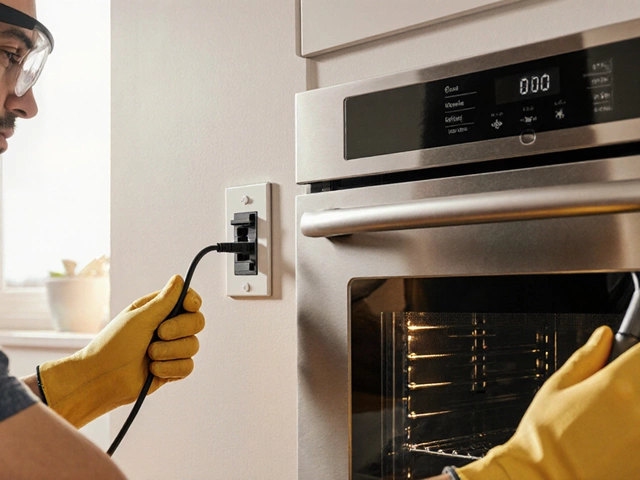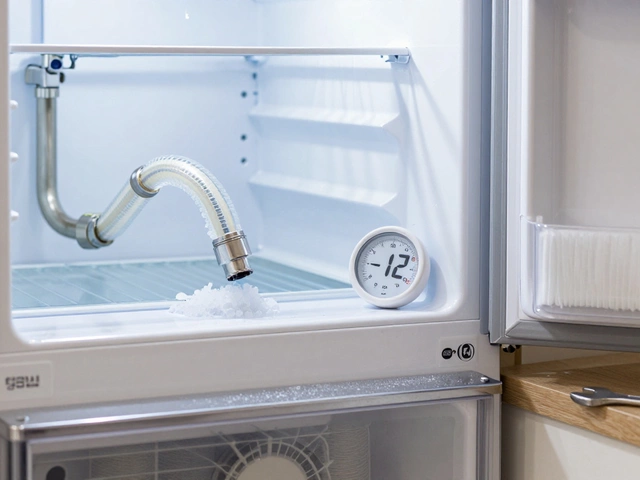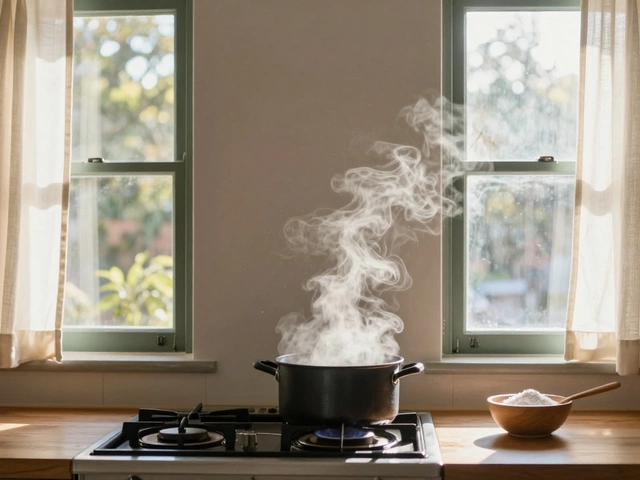Signs of Replacement: Know When Your Appliance Has Had Enough
Ever feel the tug of doubt when your fridge hums louder than usual or your boiler sputters on cold mornings? It's normal to wonder if a quick fix will do or if you need a brand‑new unit. Below are the most common signs that an appliance is ready for replacement rather than repair.
1. Age and Repeated Breakdowns
Every appliance has a typical lifespan – fridges 10‑15 years, boilers 10‑12, washing machines around 8‑10. If your gadget has already seen a couple of major repairs, each fix costs a bigger chunk of the original price. When repair expenses start topping 50 % of what a new unit would cost, it's a strong hint that replacement makes more sense.
2. Poor Efficiency and Rising Bills
Older models often lose efficiency. A dishwasher that leaves dishes damp or a heat pump that struggles to warm the house drives up electricity or gas bills. If you’ve tracked your energy usage and see a steady climb without a change in habits, the appliance is likely losing its mojo. Upgrading to a newer, energy‑rated model can shrink those bills and pay itself off quickly.
Other red flags include strange noises, frequent start‑stop cycles, or a constant need for temporary fixes. A noisy boiler, rattling fridge compressor, or a washing machine that won’t spin are not just annoyances – they point to worn parts that may soon fail completely.
Safety concerns should never be ignored. Leaking water from a boiler, cracked oven doors, or any sign of electrical sparking means you’re risking more than inconvenience. In these cases, replace fast to keep your home safe.
When you spot any of these signs, weigh the cost of a professional diagnosis against the price of a new appliance. A quick call to a trusted repair service can give you a solid estimate. If the quote is high and the appliance is already older than its average lifespan, go for a replacement.
Choosing the right time to replace saves you money, time, and stress. Keep an eye on performance, energy use, and repair history – they’ll tell you when it’s time to say goodbye and bring in something fresh.






